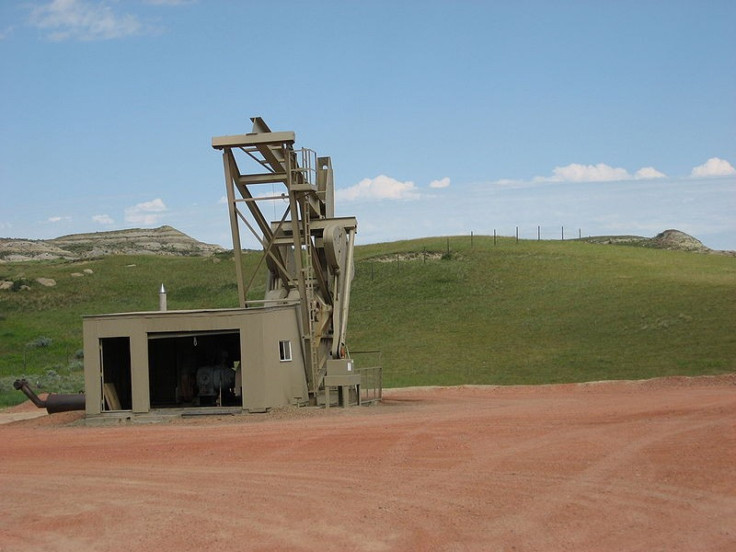Want to Double or Triple Your Paycheck? Move to Williston, N.D.

Williston, N.D., is booming. And it's all because of the oil.
People are moving there en masse. It is probably the one place in the nation where there are not enough empty homes to meet the new residents' demands.
More than 6,000, according to CNN Money, job-seekers have packed their bags and headed to the smaller northern U.S. town with a typical population of 14,716 according to the 2010 census. It is one of the larger cities in North Dakota but, relatively speaking, is a small town and by no means a metropolis.
Some of the newly arrived are currently homeless, since last year only 2,000 new housing units were built. This is not nearly enough to sustain the influx.
Yet more come in droves each day.
Why wouldn't they? North Dakota has the lowest unemployment rate in U.S. at 3.5 percent and can tout the fact that workers' salaries have doubled and tripled recently.
Individuals can make $15 an hour serving tacos, $25 an hour waiting tables and $80,000 a year driving trucks, according to CNN Money.
Oil is the reason behind this small town turned boomtown.
Williston is just one of multiple towns surrounded by the oil-rich Bakken formation. This 200,000-square mile rock unit could hold anywhere between 4 billion and 24 billion barrels of oil.
To put this into perspective, the U.S. Energy Information Administration calculates that the U.S. imported approximately 11.7 million barrels per day of petroleum in 2009. This accounted for 51 percent of the petroleum consumption.
North Dakota is set to jump ahead of both California and Alaska as the number two oil producing state in the nation -- behind only the top producer, Texas.
Only recently have oil companies discovered ways to tap into the Bakken reserve. Now, all they need is the manpower.
CNN Money cites one couple as a prime example for how Williston, ND, is changing lives.
Vickie McMullen and her husband once lived in one of the poorest cities in North Carolina. After seeing the abundance of job opportunities listed online for Williston, they decided to try their luck.
McMullen's husband, who worked on behavioral management programs in N.C., making $1,600 a month, is now working in the North Dakota oil fields making $1,600 a week. His annual salary has shot up to $77,000.
Oil workers can make upwards of $100,000 a year, including overtime and bonuses.
As the oilfields offer more lucrative salaries, other local businesses are raising their pay to compete.
There's not a business you can start in North Dakota right now that wouldn't make it, said Nathan Pittman, who works for a trucking company in the state.
Jarvis Green, a former New England Patriots player, is currently helping to build more housing in Williston and other oil boomtowns in North Dakota. His construction company, First Millennium Construction, is building a 500-person camp in Waterford City, 50 miles south of Williston, says CNN Money.
Green plans on making a 200 to 300 percent return off of this investment.
Bismarck, N.D., is another town that is booming from the oil industry.
A new hangar is being built to sustain the stream of newcomers, help signs are visible in every sort of business and more babies are being born, reports ABC News. Bismarck has an unemployment rate of only 3 percent.
However, oil drilling in America is a controversial subject.
Environmentalists condemn it as an environmental disaster that will threaten the lives of both animals and people. Drill, baby, drill proponents say that America is too dependent on foreign oil.
By the looks of Williston and other towns in North Dakota, it is difficult to argue that the industry can provide some hope for the hopeless.
Out there they don't have a recession -- you say that word out there and somebody would probably slap you, said Green. It's the place to be.
© Copyright IBTimes 2024. All rights reserved.





















